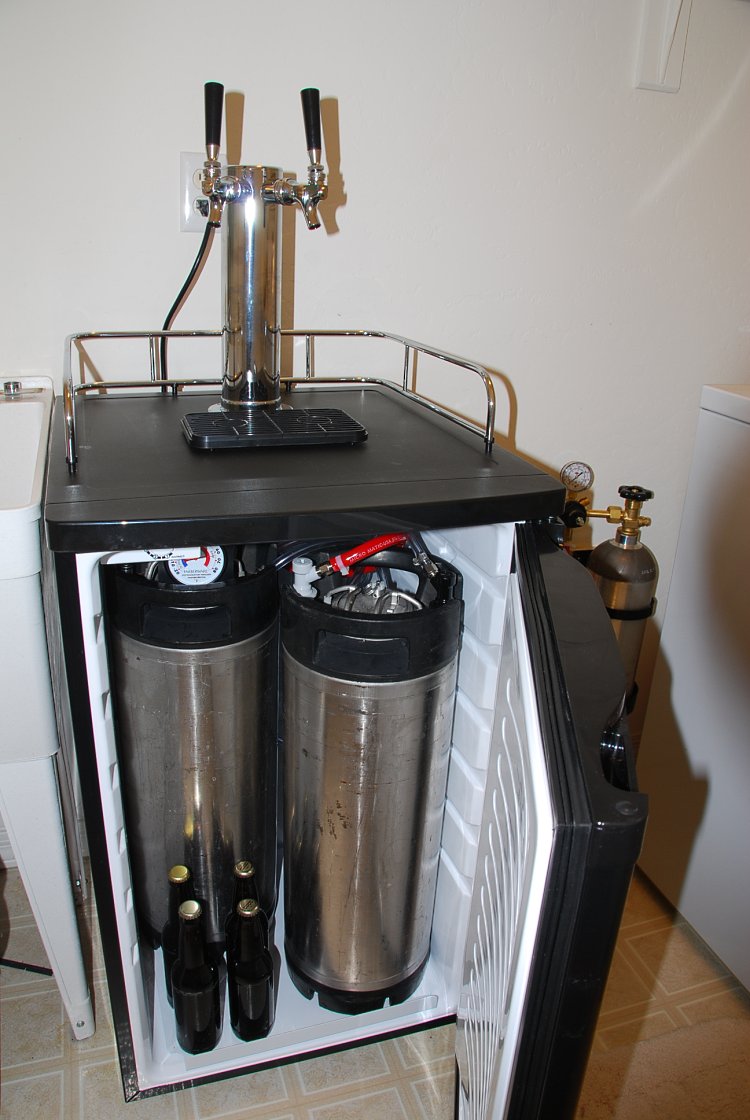zinn
Well-Known Member
- Joined
- Nov 4, 2013
- Messages
- 61
- Reaction score
- 18
I've brewed about a dozen homebrews and bottling is my least favorite part. I'm starting to wonder if a keg or kegerator would be worth it. I'm a little confused about them though.
It takes me a while to get through a homebrew, so I like storing a bunch of bottles in my basement. How long would beer last in a kegerator? Is a kegerator all I need to store the beer, or do I need to purchase additional components? Can I fill a few bottles from the kegerator to store for later?
Thanks for the insight. Also curious to hear any other opinions re: bottling. Is there something you wish you knew about or bought when you first started to make the process easier?
Thanks!
It takes me a while to get through a homebrew, so I like storing a bunch of bottles in my basement. How long would beer last in a kegerator? Is a kegerator all I need to store the beer, or do I need to purchase additional components? Can I fill a few bottles from the kegerator to store for later?
Thanks for the insight. Also curious to hear any other opinions re: bottling. Is there something you wish you knew about or bought when you first started to make the process easier?
Thanks!



 )
)
